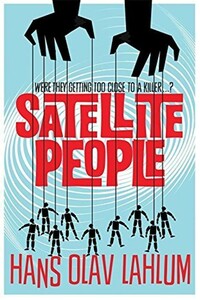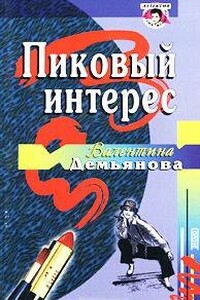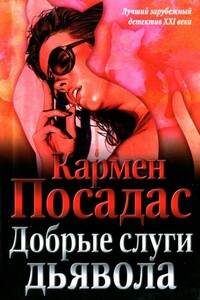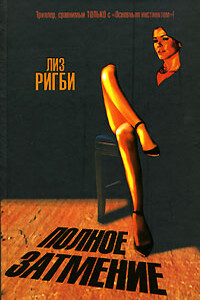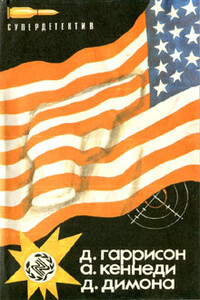The Catalyst Killing | страница 60
I assured him that he was in no way a suspect, but that there were still some routine questions that I had to ask. First, I asked him what his reaction was to the fact that Falko Reinhardt had identified him as a member of a Nazi network during the war, in some papers that he had left behind.
Frans Heidenberg remained calm. He shook his head in exasperation and said that he had had a good deal of contact with like-minded people and friends during the war, of both German and Norwegian descent, but that he had never seen it as a network. And this was not indicated in any way in the police investigation after the war. He felt that his sentence had been harsh given that his only sins were being a member of the NS and other symbolic actions, but that he had long since forgiven his countrymen and put the matter behind him.
Frans Heidenberg had known both Marius Kofoed and Lars Roden, and was still on friendly terms with Christian Magnus Eggen. But he had not felt that he was part of any sort of political network during the war, and even less so afterwards. He did not recognize the description of a secret network, and was somewhat dubious that a young communist today would know better than he had at the time. When I mentioned Henry Alfred Lien, he thought about it for a while and then shook his head; no, he could not recall meeting anyone of that name.
In response to my question regarding his political views today, Frans Heidenberg replied that he had been a member of the Farmers’ Party for a few years after the war, but had then stopped his membership as he was not happy with the direction that the party was taking. He had not been politically active since the war, and in public he was now a man with no political views. Which party he voted for and any thoughts and opinions he might have on political issues were private matters, were they not?
I had to concede that the eloquent and relaxed Frans Heidenberg was right on this point, and did not ask any more questions. I thanked him for the information and reserved the right to contact him again later, should that be necessary. He continued to play the role of an exemplary host by assuring me that protectors of the law were of course welcome to contact him at any point, but he unfortunately doubted that he could be of any more help.
At the front door, Frans Heidenberg suddenly and unexpectedly asked me if Christian Magnus Eggen was also on my list of people to contact. I saw no reason to deny this, as Eggen had already been told that I was coming. Heidenberg nodded in understanding. He added that he should then warn me that my meeting with him might be rather different. He had been friends with Eggen since they were students, and thought of him as highly intelligent and a good person. But they were very different in both temperament and nature. Eggen undoubtedly felt more strongly that he had been treated unfairly after the war, and could ‘quickly become extremely frank and vehement’ when he spoke about it, he added.
